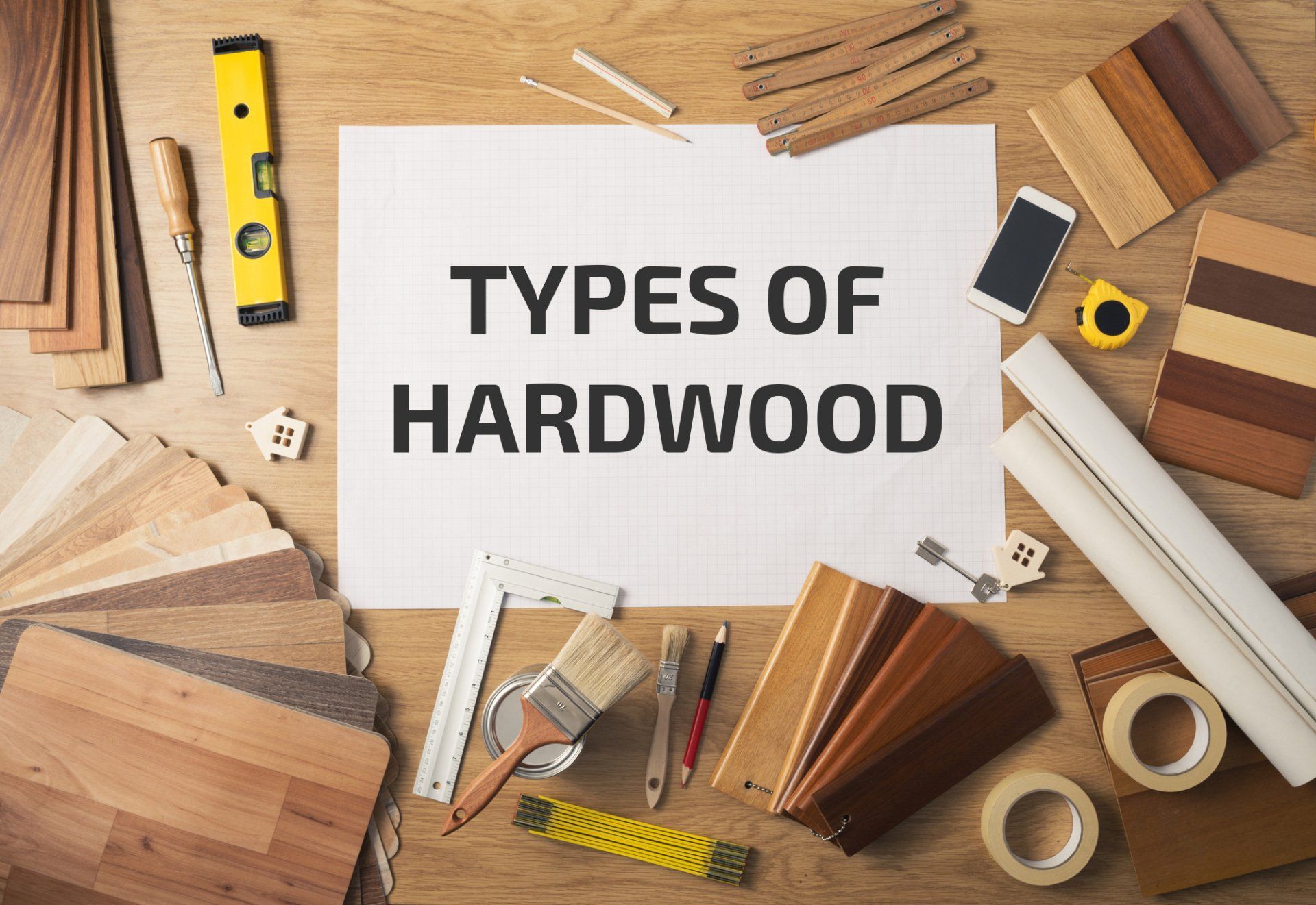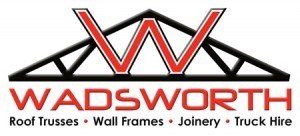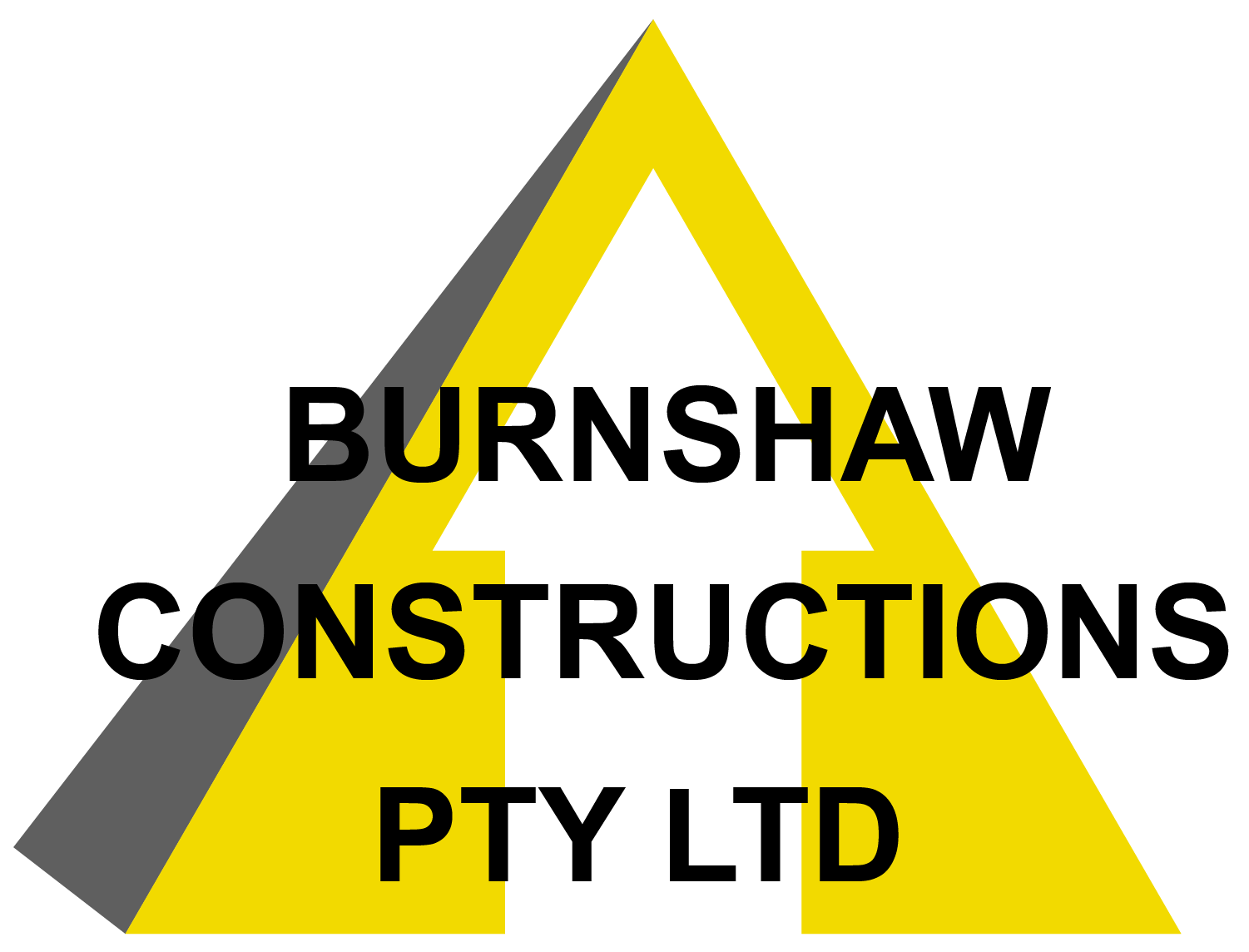Different Types of Hardwood for Your Home and Office
Are you looking for timber suppliers for a decking project? We've got you covered. Wadsworth Joinery offers a vast range of timber products and supplies, including pine and hardwood decking boards.
When it comes to renovating your home or investing in a new office, you might think of getting wooden floors as the perfect option. In fact, hardwood flooring has become a popular choice for both residential and commercial properties.
Although not all wood is equal when it comes to quality and cost. Each type of wood has its own unique characteristics and price range. However, hardwoods — also known as dense woods — are generally more expensive than softwoods.
Having that in mind, let’s take a look at some of the most common types of hardwood that you can invest in for your home or office renovation project.
What is Hardwood?
Hardwood is a term used to describe a type of wood that comes from angiosperm trees. These are flowering plants that produce seeds that are enclosed in an ovary.
Hardwoods are generally denser than softwoods and have a higher density level. This means that hardwoods are more durable and sturdy, making them ideal for flooring materials. Hardwoods also tend to be more expensive than softwoods because they’re more difficult to harvest and process.
Hardwood Flooring Pros and Cons
Now that you know a little bit more about hardwood, let's take a look at the pros and cons of hardwood flooring.
Pros:
- Hardwood floors are easy to clean and maintain.
- They're also very durable so they can last for many years with proper care.
- Hardwood floors can increase the value of your home.
- They're also environmentally friendly because they're made from natural materials.
Cons:
- Hardwood floors can be expensive.
- They're also susceptible to scratches and dents.
- If you have allergies, hardwoods may not be the best option because they can trap dust and pollen.
Deciding whether or not hardwood floors are the right choice for you, it's important to weigh the pros and cons. If you're looking for a durable, easy-to-maintain flooring option that will also increase the value of your home, hardwood floors are a great choice. However, if you're on a budget or have allergies, you may want to consider other options.
Types of Hardwood

Many different hardwoods are available on the market, each with its unique grain patterns and colour. The most common hardwood species used for flooring include:
Can be collapsible per wood type
Blackbutt (Eucalyptus pilularis)
This beautiful hardwood is a type of eucalyptus that is native to Australia. It's a dense wood that is resistant to warping and cracking. Blackbutt has a unique appearance with swirls of dark and light grains, giving it a striking visual appeal. It has light honey to dark brown colour with a straight grain. Blackbutt is one of the hardest woods, making it perfect for high-traffic areas.
Pros:
- Dense wood with little to no warping or shrinking
- Resistant to wear, staining, and scratches
Cons:
- More expensive than other types of wood
- Dark grain makes it prone to showing scratches and dents
- The colour of the wood can darken with age, so it may require regular maintenance to keep it at its original colour.
Brushbox (Lophostemon confertus)
Brushbox is a hardwood native to Australia with dark brown streaks and black stripes. Brushbox has a fine texture and rich colour, so it's often used in high-end flooring. Brushbox has excellent water resistance and is also resistant to termites. This hardwood makes it attractive for joinery, cladding, paneling, flooring, furniture, and high-end cabinetry.
Pros:
- Water-resistant
- Resistant to termites
- Features a unique grain pattern
Cons:
- More expensive than other types of wood
- The dark colour can make it challenging to match with other woods.
Cypress Pine (Callitris columellaris)
This species is found in the eastern parts of Australia and is a popular type of hardwood used for construction. It has a light to medium brown colour and straight grain. Commonly used for interior trim and accents, this wood is similar in colour to white pine but much more durable. Cypress pine is known for its durability and resistance to rot and insects, making it the perfect choice for outdoor furniture, lining, decking, flooring, or any exposed home design surface.
Pros:
- Hardy and resistant to rot
- Insect resistant
- Perfect for outdoor furniture or any exposed home design surface
Cons:
- Can be difficult to work with due to its hardness
Flooded Rose Gum (Eucalyptus grandis)
Flooded rose gum wood is a popular choice for flooring due to its durability, stability, and beautiful grain pattern. This type of wood is known for its wide range of colours, from light pink hues to a deep red brown. It is frequently used in high-end commercial applications because it's durable.
Pros:
- Beautiful grain pattern
- Wide range of colours
- Resistant to warping, splitting and cracking
- Long lifespan
- Naturally resistant to decay and insects
Cons:
- Hard, dense and heavy compared to other hardwoods
- Difficult for some people to install on their own
- May need special tools for installation
Forest Red (Eucalyptus tereticornis)
This hardwood is known for its deep burgundy colour, ranging from rich chocolate brown to deep purple. The grain is small and tight, which makes it an excellent choice for flooring and furniture but not as suitable for cabinets or paneling.
Excellent durability for heavy traffic areas. Suitable for all other uses. It can be sanded and refinished often with minimal loss of quality. A hard, durable wood that resists wear but doesn't take stain well at all. Stains are more likely to show variation in colour across the grain, which can be desirable or undesirable depending on your taste and the look you're aiming for.
Pros:
- Very hard and durable.
- The most stable wood of all the species.
- It is wonderful for heavy traffic areas, as it can withstand years of wear and tear.
- Takes a high-gloss finish well.
Cons:
- Colour tends to show more variation across the grain than other species, which can sometimes look blotchy or uneven under a finish.
- Colour is not as uniform as in other species, so you may notice areas that are slightly darker or lighter than others.
Ironbark (Eucalyptus cretata)
Ironbark is a hardwood native to Australia. It's commonly used for furniture and flooring, and is also referred to as red gum. This type of wood is medium-density, with a fine texture that's similar to satinwood. Ironbark has a reddish brown colour with yellow streaks, and it's extremely hard.
Pros:
- Ironbark is extremely hard and durable, which makes it a good choice for high-traffic areas.
- It's also resistant to moisture and insects.
- Hardwood flooring made from ironbark is considered eco-friendly because it's harvested sustainably, it doesn't need a finish, and it's completely recyclable.
- Ironbark has natural antibacterial properties, which means that it won't get moldy or mildew over time.
Cons:
- Ironbark is expensive compared to other hardwood timber flooring.
- It also has a low tolerance for moisture, so you'll need to seal the wood regularly to make sure that moisture doesn't damage the surface of the flooring.
- If you have pets or kids, ironbark may not be the best option because it's considered toxic if ingested (although this toxicity can be reduced by sealing the wood).
Jarrah (Eucalyptus marginata)
Jarrah is a type of hardwood that's native to Australia. It's known for its striking appearance, which features a golden colour and bold attractive grain patterns. The texture is from medium to coarse texture.
Jarrah has a Janka hardness rating of 2,000, which means it's one of the hardest types of wood available. However, it also has a relatively low density, so it's not as heavy as some other types of wood.
Pros:
- Often used in high-traffic areas because they're extremely durable and easy to maintain.
- Water-resistant and can be cleaned with soap and water or commercial cleaning products.
Cons:
- Very expensive compared to other types of hardwood flooring, so you may need to budget carefully for your installation costs.
- Difficult to find in large sheets because the trees from which it's sourced are small in size and grow slowly over time.
- Susceptible to indentations because its grain pattern isn't very uniform beneath its surface layer (a result of the trees being grown in hot climates).
Karri (Eucalyptus diversicolor)
This wood is harvested from the Karri forest in Western Australia. It's a durable, dense hardwood that is resistant to moisture and insects. Karri is a sustainable, renewable resource.
Pros:
- Karri hardwood is extremely durable and resistant to stains and scratches. It's also easy to maintain and has natural resistance to water damage, making it ideal for use in bathrooms and kitchens.
- Karri hardwood timber flooring is eco-friendly, made from renewable resources.
Cons:
- The cost of Karri can be prohibitive for some people.
- It's also not as readily available as other hardwoods on the market.
Myrtle Beech (Nothofagus cunninghamii)
Myrtle Beech is a hardwood native to Tasmania. It is light pink to brown in colour with a fine, even grain. Myrtle Beech is also known as "Red Beech" and "Mountain Ash." It is one of the few Tasmanian hardwoods that is not endangered.
Myrtle Beech grows well in cool, moist climates and is tolerant of poor soils. It is a popular choice for furniture making, timber flooring, structural framing and cabinetry.
Pros:
- Myrtle Beech is an attractive, hardwood with a fine grain. It is also relatively inexpensive and easy to work with.
Cons:
- Myrtle Beech is not as durable as some other hardwoods and can be susceptible to insect damage.
River Red Gum (Eucalyptus camaldulensis)
This hardwood comes from the River Red Gum tree, which is native to Australia. The wood is very dense and has a reddish colour with a fine grain.
River Red Gum is often used in office buildings and other commercial settings because it's easy to clean and doesn't show scratches or dents.
It's also very durable, making it a great choice for high-traffic areas.
Pros:
- Dense and durable
- Easy to clean
- Resistant to scratches and dents
Cons:
- Can be difficult to work with because it's so hard
- Expensive
Spotted Gum (Corymbia maculata)
This type of hardwood is perfect for those who want a material that is both strong and beautiful. Spotted gum is one of the harder woods, making it ideal for timber flooring, furniture, and other areas where durability is important. This wood also has a unique appearance, with a mix of light and dark colours that create a striking look.
Pros:
- Very strong and durable
- Unique appearance
Cons:
- Can be difficult to work with
- Expensive
Sydney Blue Gum (Eucalyptus saligna)
This hardwood is commonly used in the construction industry and for a variety of other purposes. It is a very strong and durable wood, which makes it ideal for timber flooring, furniture, and other applications where strength and durability are important. Sydney Blue Gum is also known for its beautiful grain pattern, which can add a touch of elegance to any home or office.
Pros:
- Sydney Blue Gum is very strong and durable
- Beautiful grain pattern
Cons:
- Can be difficult to work with
- Not as widely available as other hardwoods
Victorian Ash (Eucalyptus delegatensis)
Victorian Ash is a hardwood sourced from south-eastern Australia. It’s light to medium brown in colour with a straight grain and even texture.
Victorian ash is one of the most popular hardwoods in Australia due to its versatility – it can be used for a range of applications, both indoors and outdoors. It’s also relatively easy to work with, making it a good choice for DIY projects.
Pros:
- Versatile
- Relatively easy to work with
Cons:
- Can be susceptible to damage from termites and other insects.
Tallowwood (Eucalyptus microcorys)
Tallowwood is a tall, straight-trunked tree that can grow up to 50 metres in height. It has dark green, glossy leaves and produces small, white flowers. The wood is hard and dense, making it ideal for furniture and timber flooring.
Pros:
- Tallowwood is a durable and hard-wearing timber that is perfect for high traffic areas.
- It is also easy to clean and maintain.
Cons:
- Tallowwood can be difficult to work with and is not suitable for every project.
- It is also one of the more expensive striking timber on the market.
Turpentine (Syncarpia glomulifera)
Turpentine is a hardy tree that is native to Australia. It grows in a variety of habitats, including rainforests, woodlands, and coastal areas. The tree gets its name from the turpentine that is produced from its bark. Turpentine has a strong, pungent smell and is used as a cleaning agent and a solvent.
Pros:
- Turpentine is an excellent choice for timber flooring, fine furniture, window frames and other wood products.
- It is durable and has a beautiful grain.
- Turpentine is also easy to work with and takes stain well.
Cons:
- It is also one of the more expensive hardwoods.
Get in touch
Wadsworth has pine and hardwood decking boards available. If you have a construction project and are looking for a company that can fulfill your timber decking requirements, give us a call today on (02) 4272 2611 or get in touch. We would be happy to help you with your project.
-
Call Us Today
I hope you enjoy reading this blog post.
Our timber company servicing Wollongong, Southern Highlands, Shoalhaven and Sutherland has attained a reputation for quality work and the ability to deliver results on time. No job is too difficult for us.
I hope you enjoy reading this blog post.
Our timber company servicing Wollongong, Southern Highlands, Shoalhaven and Sutherland has attained a reputation for quality work and the ability to deliver results on time. No job is too difficult for us.
Wadsworth Joinery is a local family business located in Unanderra, Just south of Wollongong on the NSW South Coast.
We construct and supply quality buildings and building products throughout the Illawarra, Southern Highlands, Shoalhaven and Sutherland.


